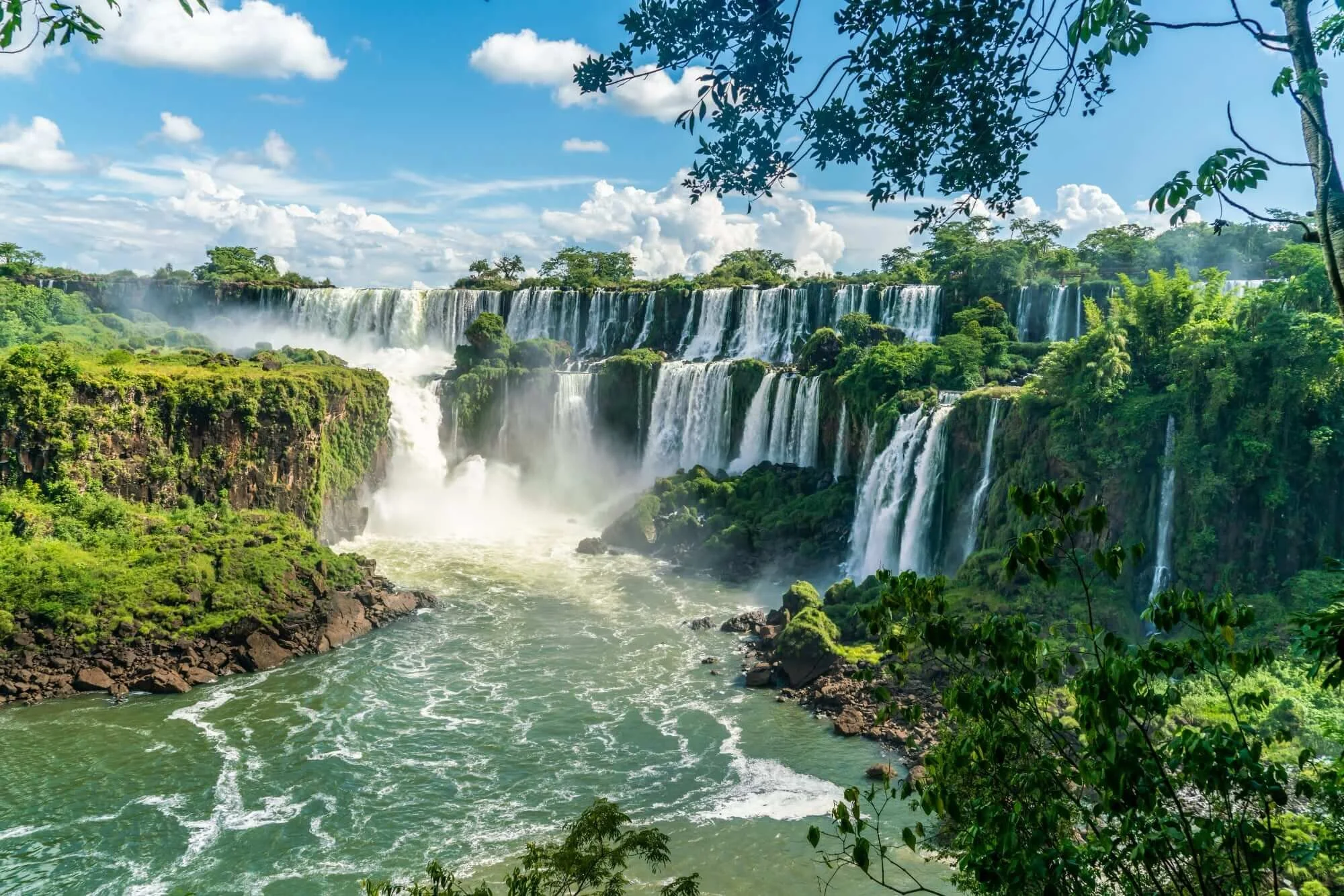SECTIONS: Program Overview • Pre-Departure Information • Program Agenda • Resources
Program Overview
Program experience in Argentina: Saturday, March 8, to Sunday, March 16, 2025
This undergraduate seminar compares the evolution of relations between States and Indigenous peoples and movements throughout the Americas, with a particular focus on the Mapuche people of the Patagonia region, in the south of nowadays Argentina and Chile. The main goal of the course is to comparatively study the organization of Indigenous communities and analyze their political demands regarding pluractionality, self-determination, territory, prior consultation, living well, and intercultural education and health, as well as the different ways in which States repress, ignore, or address such demands. The course starts by reviewing what does it mean to indigenize and decolonize the academy and political science. We then focus on the controversial question of who is Indigenous and comparatively assess the legal answer to this question in different countries of the Americas. We then tackle the issue of research methodology and positionality of the researcher, the ethics of studying Indigenous peoples, and using in-depth interviews as a tool for social science research. After briefly reviewing some of the consequences of the conquest and colonialism, we study the topic of global Indigenous rights and politics and from there we zoom in the politics of Indigenous peoples in Argentina, and the Mapuche of Neuquén, in particular. In the last part of the course, including during our travel component, we delve into what are the main issues that Mapuche communities of Neuquén confront in the present: from territorial land claims to interactions with extractive industries, co-management of natural resources with the National Parks Service, intercultural education, and intercultural health, among other topics.
Program Destinations
buenos aires
Hotel: Dazzler Palermo (Humboldt 1650, Ciudad de Buenos Aires)
Neuquén
Hotel: Huemul Hotel (Tierra del Fuego 335, Neuquén)
Junín de los Andes
Hotel: Hotel Alejandro 1 (Av. Neuquén 67, Junín de los Andes)
Bariloche
Hotel: Ecomax Hotel (España 351, San Carlos de Bariloche, Río Negro)
Pre-Departure Information
Money Matters
Call your bank and credit card company to notify them of your travels. Provide your dates of abroad travel, ask about international ATM and transaction fees, and ask if they have partner banks abroad. If your debit card has a PIN, make sure it is activated.
Bring a debit card, a credit card, and U.S. dollars in cash (in US$100 bills for higher exchange rates - not smaller denominations). Don’t keep them all in the same place.
There is a cash culture in Argentina. You can exchange USD cash to ARS pesos in country or withdraw pesos from ATMs.
When paying with a credit card, you will need identification (passport photocopy or driver’s license).
Baggage Allowance
For the domestic flight between Buenos Aires and Neuquen, your checked bag can weigh up to 33 pounds (15 kilograms). For international flights, the checked bag can weigh up to 50 pounds (23 kilograms). Thus, we encourage you to only check one bag of up to 33 pounds maximum weight.
packing suggestions
*Type I Electronic adapter (with three flat pins arranged in a v-shape). Argentina operates on a 220V supply voltage and 50Hz.
Program Agenda
Coming soon!
As you make memories in Argentina, share your pictures!
Resources for Further Reading
Get an overview of the local government, economy, geography, religion, and culture for Argentina.
Spanish Guide crafted by Puentes, which includes Spanish differences, local slang, and more.
Travel guides with recommendations from the Puentes team and from former Puentes participants.
Puentes partners with universities like the University of Pennsylvania to design, set up, and manage customized and impactful immersive trips and internship programs in Argentina and Uruguay.



















